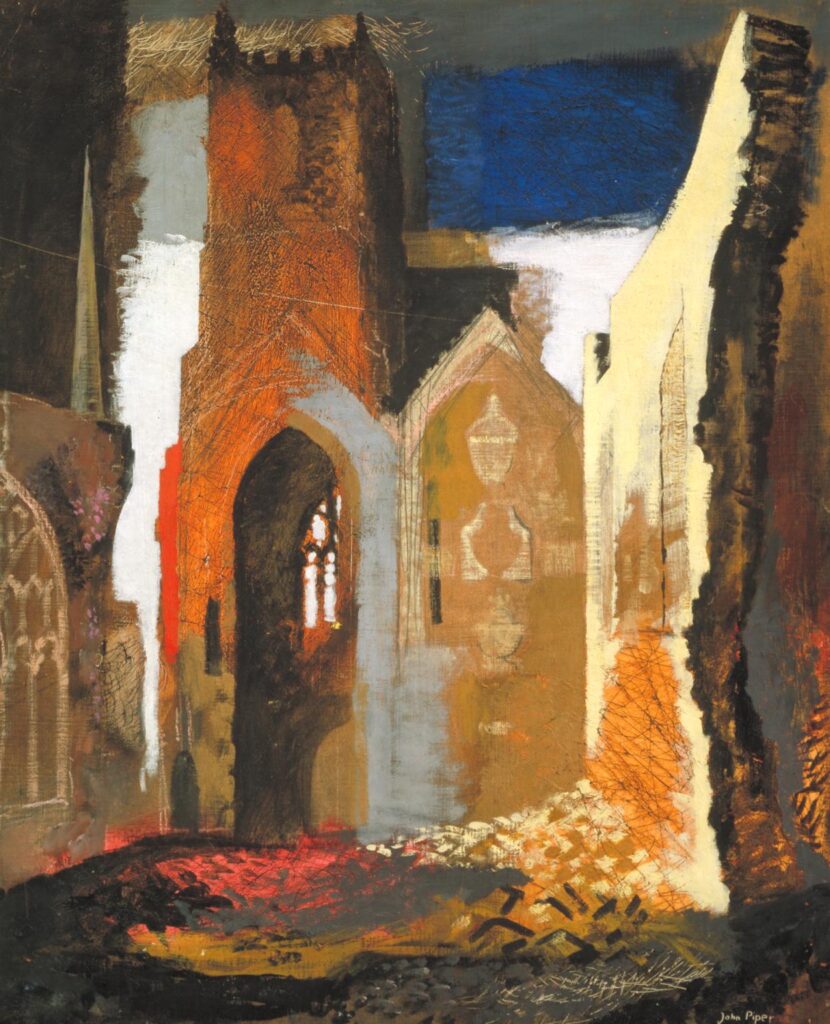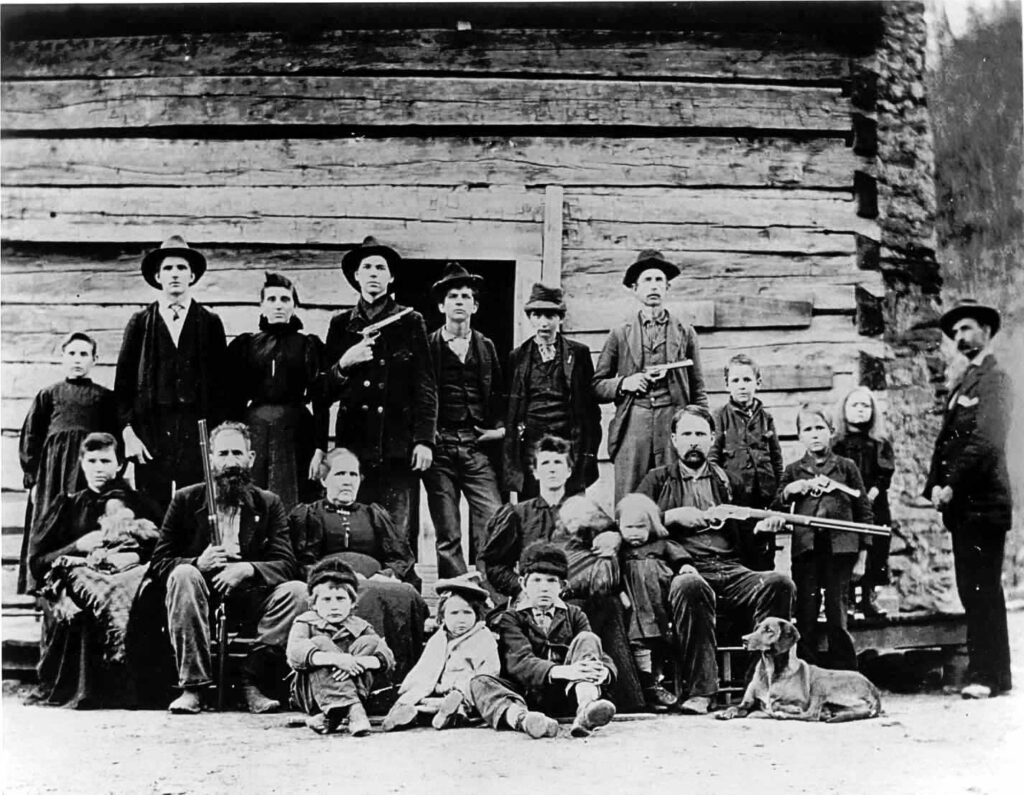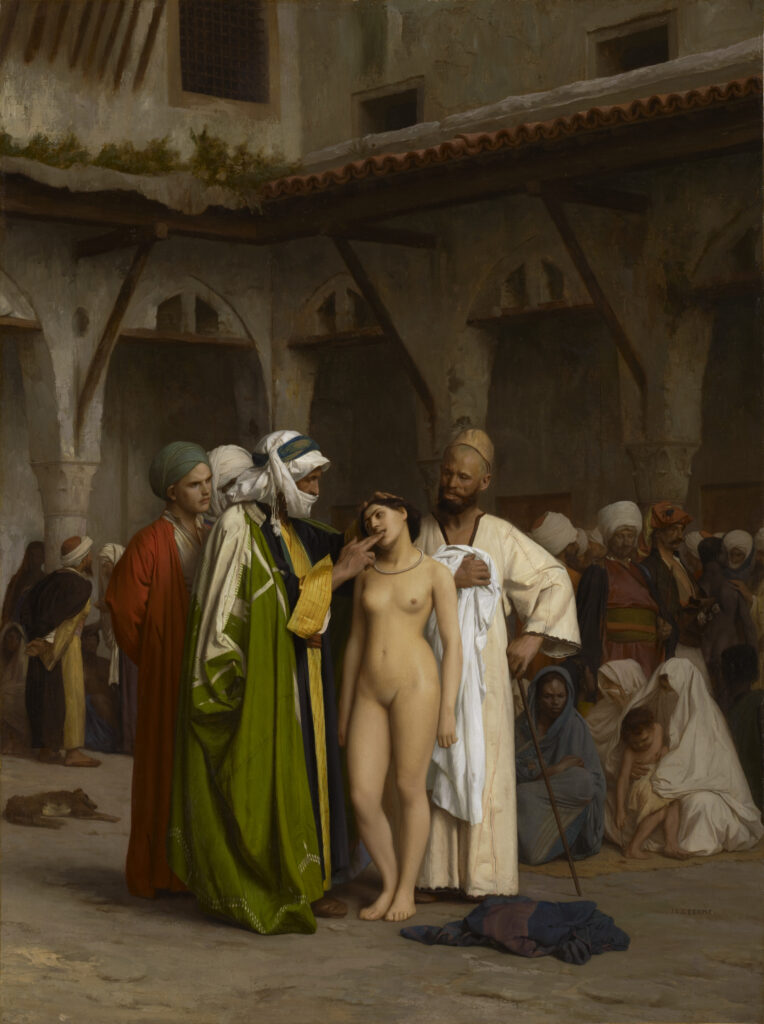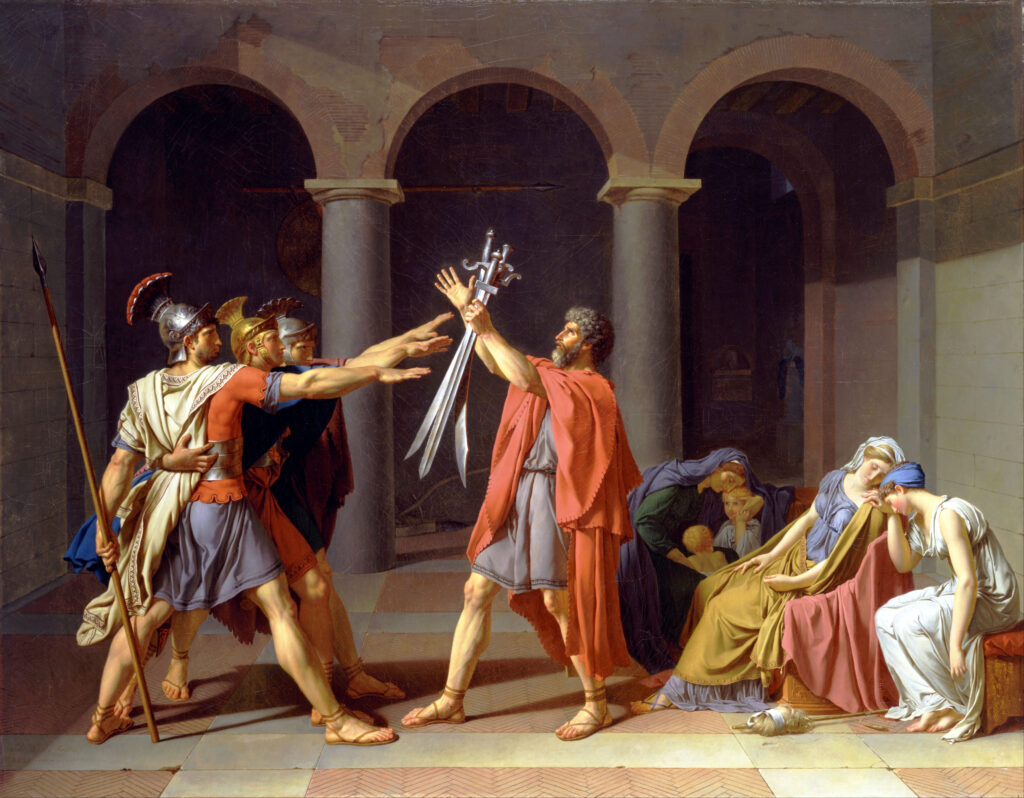
Mark Rothko, White Centre etc, credit Wikipedia
The Problem is Anti-Whiteness
by Ilana Mercer
Institutionalized, systemic anti-whiteness, allied to demonization of whites: this is the creed that is becoming entrenched across state and civil society in the U.S. Chiseled down, these are also the building blocks of Critical Race Theory, a specious, subintelligent concoction, originated by subpar intellectuals. The Critical Race project now pervades private and political life. A further twist of the screw (or the shrew) was delivered recently by Vice President Kamala Harris, who insists on yammering about white America’s historic racism.
In practice, whites are being singled out for a punishing program of reeducation, subjugation and continued intimidation. Dangerous in isolation, the entrenchment of anti-white animus is made worse by the conservative cognoscenti’s inability to acknowledge it. Too many conservatives euphemize our anti-white culture. In particular, they all too often characterize the latter as identity politics. This is obfuscation.
Here’s why: Blacks are not being pitted against Hispanics; Hispanics are not being sicced on Asians, and Ameri-Indians aren’t being urged to attack the aforementioned groups. Rather, they’re all piling on honky. Hence, anti-white politics or animus. The multicultural multitudes are gunning for whites and their putative privilege. The tarring of whites is now close to becoming a curricular requirement in education (primary, secondary, tertiary), and from entertainment to technology, anti-white racial “redress” is an important objective.
When they are not lamenting Democrat-driven, divisive “identity politics”; conservatives will dilate about Marxism and communism. The anti-white theoretical kudzu enervating every aspect of life is, apparently, a manifestation of the radical Left’s Marxism. Or, so you are told. This further downplays the anti-white project of the purveyors of Critical Race policy prescriptions.
Put it this way: if your first response to “Kill the Farmer, Kill the Boer,” chanted by South Africa’s murderous Julius Malema, is, “Marxism, identity politics”—you are going to come up short in the survival department. In South Africa, inciters of black-on-white violence are known to rile the crowds with this anti-white chant. Born into “freedom,” after 1994, these haters can hardly read and write. Is a complex political theory, Marxism, then driving illiterates to slaughter whites in ways that beggar belief? This is made-in-America suicidal nonsense. American “analysts” have coated the sustained attacks against white South Africans with this more respectable intellectual patina. The South African National Congress’s problem, however, is not communism; it’s white-hot hatred of whites.
This is not to say that endemic corruption, statism and state-capture by industry are not economic realities in South Africa. They are. The definition of “state-capture” is “private actors subverting the state to steal public money.” In the U.S., private actors, Deep Tech, acting with state imprimatur, encroach on the rights of innocent civilians to make a living and partake in the national conversation. Potatoes, potahtoes.
In truth, the ANC guards the goose that lays the golden eggs. South Africa’s economy is not socialized, but is, rather, “based on private enterprise, [in which] the state participates” energetically. The economies of the West are at best Third-Way systems, too, neither free nor entirely state-controlled. As an organizing principle, however, South Africa’s political, economic and social institutions are firmly anti-white. They imperil whites as a principle.
To sum up, anti-white ideology is not to be conflated, as conservatives habitually do, with Marxist ideology. Very plainly, communism did not revolve around the exclusive blackening of whites. Stripped of bafflegab, this is Critical Race’s central project. Confusing Americans about this anti-white atavism gripping the country does a disservice to the pigmentally cancelled—those affected. For clear language and clear thinking mediate adaptive actions whereas theoretical escapism inhibits adaptive action.
So, when conservatives insist that Critical-Race based politics in Congress and across corporate America are a manifestation of Marxism or identity politicking—it is more than a hollow exercise in intellectual casuistry: it prevents innocents, (the pigmentally cancelled) from acting adaptively to protect their lives, their futures and those of their progeny.
Crippled as they are by self-serving fear, conservatives have accepted the Left’s terms of debate. Those dictate that, to warn of systemic hatred against browns and blacks is racially virtuous; but to fear the same for whites is incorrigibly racist.
For fear of being dubbed racists, media conservatives simply look the other way, refusing to acknowledge the unadulterated, anti-white hue of American society.
Ditch the intellectual crutches. Concentrate on the crux. You are dealing with anti-whitism. Communism, Marxism and identity politics serve here as respectable intellectual crutches. In using intellectual fig leaves to conceal anti-whitism, conservatives simply alight on similarities in the methods of current thugs and communism’s mass murderers. The anatomy of thuggery is always similar. The foot soldiers of communism, fascism and the American Left are alike because the methods of thugs are alike, not because Critical Race policies and practices amount to communism.
Ultimately, if quibbling about communism and identity politics becomes an obstacle to facing the reality of systemic anti-whiteness—then these theoretical crutches are an affront to reality and, by default, a grave error.
*********
These thoughts were echoed in brief during a segment on Newsmax TV’s Sovereign Nation, graciously hosted by Michelle Malkin.
Ilana Mercer has been writing a weekly, paleolibertarian column since 1999. She’s the author of Into the Cannibal’s Pot: Lessons for America From Post-Apartheid South Africa (2011) & The Trump Revolution: The Donald’s Creative Destruction Deconstructed” (June, 2016). She’s currently on Parler, Gab, YouTube & LinkedIn, but has been banned by Facebook and throttled by Twitter



















